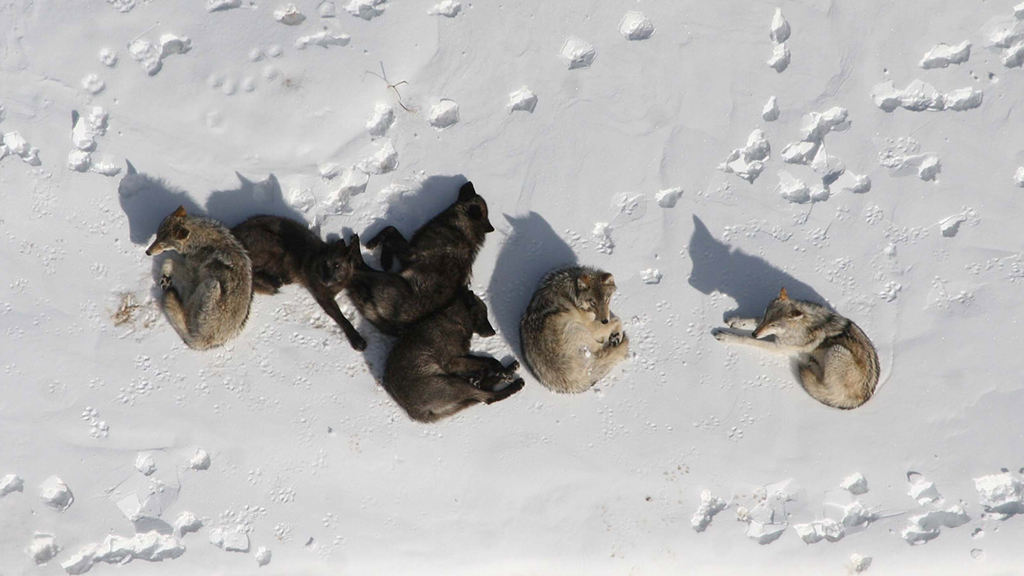Abstract
Although gray wolves once freely roamed North America, the gradual loss of their habitat from westward expansion and extermination programs led to their demise in the early 20th century. Many argue that predators such as wolves benefit a functioning ecosystem. In 1995, following years of extensive planning and controversy, wolves were brought from Canada and restored to Yellowstone National Park. This case study provides students with an opportunity to integrate various abstract ecological concepts (trophic cascades, keystone species, interspecific versus intraspecific interactions) with applied ecology as they learn about the wolf reintroduction debate and the conservation of an ecosystem. As part of their case work, students formulate and present a management plan. Originally designed for a college ecology course, this case has also been successfully used with both majors and non-majors in basic biology courses. Students will need some background knowledge of community and population structure within ecosystems.




